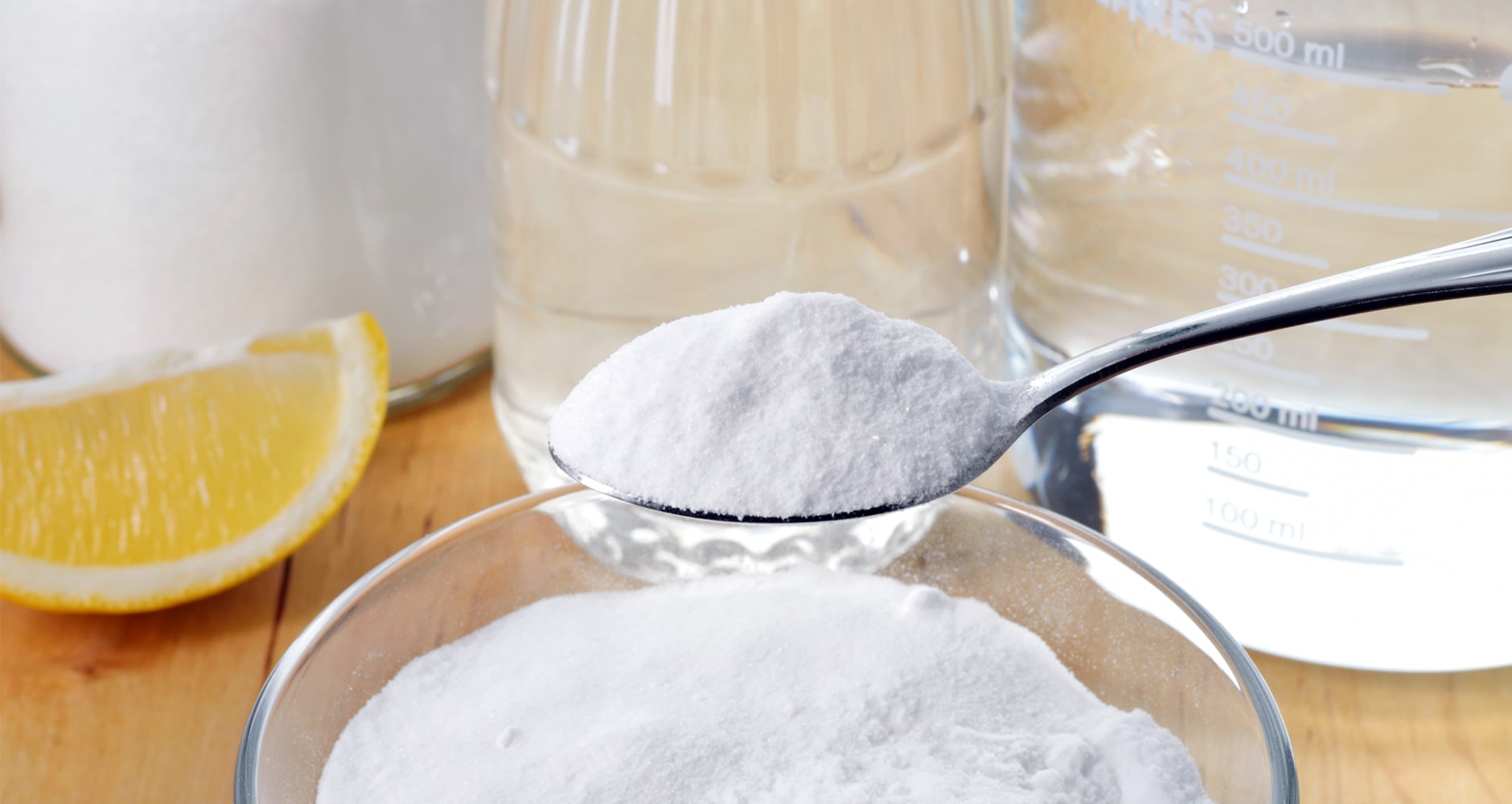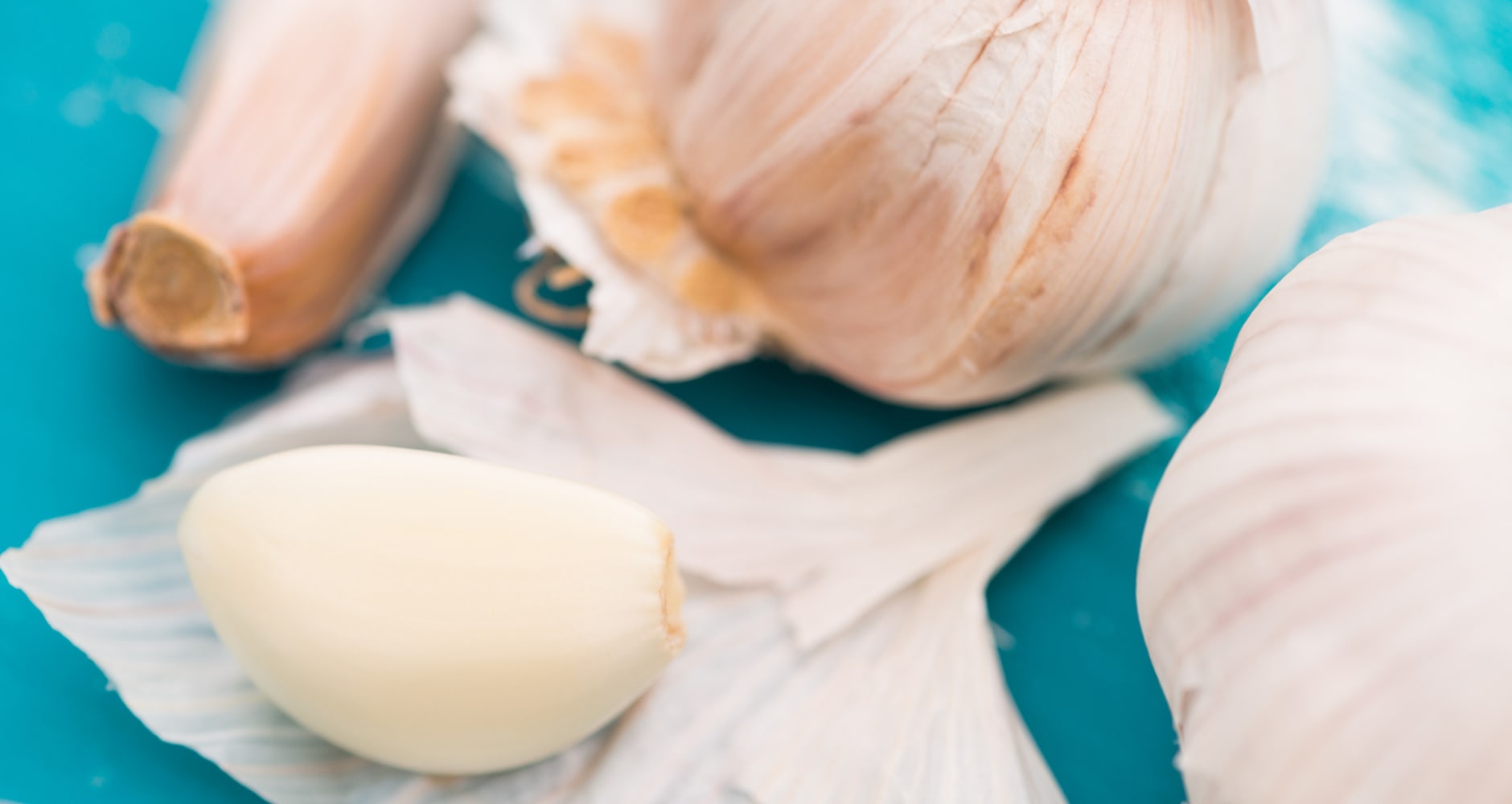12 Natural Asthma Remedies To Help You Through Peak Week
If you feel like your asthma has gotten worse recently, it might not be your imagination. Late September is peak week for asthma sufferers. These natural remedies may help you find relief.

An estimated twenty-five million Americans suffer from asthma (1 in 12 people). Asthma is a disease where bronchial tubes are sensitive to irritants, causing them to inflame, making breathing difficult. The third week of September has been coined “peak week” because it’s the week when asthma episodes, attacks, and hospitalizations tend to be the highest. Both adults and children with asthma are exposed to more asthma and allergy triggers such as ragweed pollen, respiratory infections, and dust and mold from inside school buildings during this time of year.
While asthma medications are often life-saving and necessary, you may want to supplement them with more natural methods of asthma treatment to improve your symptoms. Give these natural remedies a try—they may help you find relief. As always, consult your doctor when amending your treatment plan.
12 Natural Asthma Remedies To Help You Through Peak Week
- Drink Plenty of Water: Water keeps the lining of your lungs hydrated. Be sure to get ample amounts for overall optimum health.
- Avoid Home Irritants: Try these tips to keep the air clean in your home: open your bedroom window at night to bring in fresh air; use natural cleaning products such as vinegar and baking soda; avoid antibacterial soaps and disinfectants; avoid aerosol products; use a dehumidifier to reduce mold growth; opt for natural and scent-free laundry detergents and dryer sheets as well; and use a water filter to remove chlorine from your tap water.

- Manage Stress: Stress and extreme emotions can trigger an attack. It has been shown that stress increases the severity and frequency of asthmatic attacks, as it hinders your immune function and increases inflammation. Your lungs are closely related to emotions (think crying and laughing). Learn ways to manage your emotions and handle stress to prevent asthma flair ups. Stress relievers such as massage, deep breathing, guided imagery, and art therapy can help to reduce stress and help reduce reliance on conventional drugs.
- Garlic: Garlic can help to clear congestion in your lungs and help you breathe easier. Boil two or three cloves of garlic in one-quarter cup of milk. Cool to room temperature and drink. It may sound unappetizing, but one glass of garlic milk each night is said to help combat asthma instantly.

- Ginger: Research has shown that ginger can help to reduce airway inflammation and inhibit bronchial tube contraction. Consuming raw ginger juice, or ginger tea may help alleviate your asthma symptoms. Cut a one-inch piece of ginger into smaller pieces, add it to a pot with 3 cups boiling water, let it steep for five minutes, cool down and enjoy! Sweeten with honey for an added bonus.
- Turmeric: The anti-inflammatory properties in turmeric are thought to effectively offer relief for those who suffer from asthma. Curcumin and other active compounds in turmeric can help to relieve the inflammation and reduce the mucus secretions in the airways. Mix one teaspoon of turmeric powder and two teaspoons of honey until they are combined. Consume this mixture daily.
- Dried Figs: The nutritional properties of figs help to promote a healthy respiratory system, helping to reduce phlegm and alleviate breathing issues. Soak dried figs overnight in water. Eat them first thing in the morning and drink the residual water. Do this every morning for natural asthma relief.
- Drink Coffee: Some people have found relief in a cup of Joe. The caffeine in coffee helps to open up your airways and allows you to breathe easier. The hot coffee will also help you relax and clear airways. If you can’t stomach coffee, opt for a cup of tea or even a piece of chocolate. Try to limit your coffee intake to no more than three cups a day.

- Don’t Smoke: Smoke is a lung irritant. Abstaining from smoking is a given, but avoid secondhand smoke if at all possible and cover and mouth and nose if you can not avoid it.
- Control Temps: Extremes such as cold or hot temperatures and humidity, can exacerbate asthma.
- Herbs: If your asthma often wakes you up, using relaxing herbs such as valerian, kava, or lemon balm, particularly at night can help you get a better night’s sleep. While herbs will not provide immediate relief during an attack, prolonged use can help to strengthen your lungs, improve lung function and keep inflammation down. The best herbs for asthma include astragalus, cordyceps, slippery elm, and lobelia.

- Supplements: Like herbs, supplements may not offer immediate breathing relief, but their use can offer support and strengthen the respiratory system. Choline, magnesium, vitamin C, and lycopene have all been shown to reduce asthma symptoms. Evening primrose oil is used in some cultures as a traditional treatment for asthma. It contains a fatty acid (GLA) which can have a powerful anti-inflammatory effect. Be sure to consult with your physician before taking any new supplements.

Natalie LaVolpe
Natalie LaVolpe is a freelance writer and former special education teacher. She is dedicated to healthy living through body and mind. She currently resides on Long Island, New York, with her husband, children, and dog.











So i have severe asthma and was told to consider natural medicine as an option. Ur post was positive and informative. Ty I would love more info from you. Ty